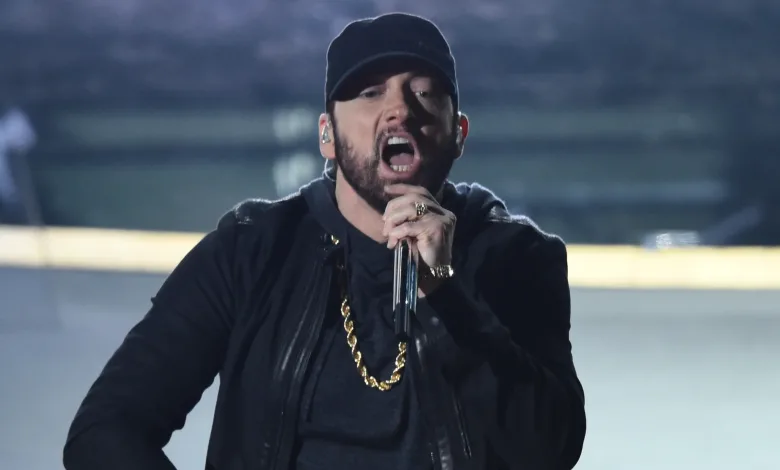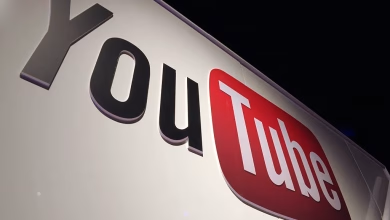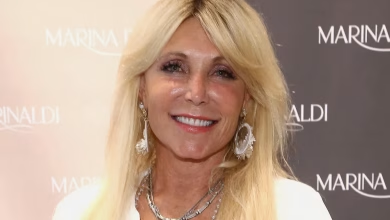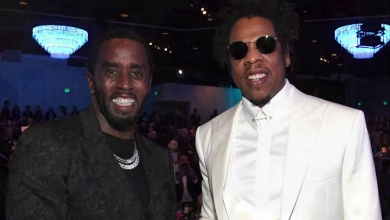Spotify Wins Lawsuit Over Eminem’s Music Streaming Rights

- Spotify wins Eminem music streaming lawsuit
- No damages awarded, despite lack of licensing
- Kobalt Music Group to cover any penalties
Spotify has emerged victorious in a protracted legal battle concerning the streaming of Eminem’s music without proper licensing. The lawsuit, initiated in 2019 by Eminem’s publisher Eight Mile Style, alleged that Spotify had failed to secure the necessary licenses for streaming the rapper’s songs, including hits like “Lose Yourself” and “Without Me,” which have accumulated billions of streams.
Eight Mile Style sought approximately £30 million in damages, claiming that Eminem had not received full payment for his popular tracks. However, a Tennessee judge has ruled in favor of Spotify, determining that the company will not be liable for any lost royalties, despite acknowledging that Spotify lacked a license for the tracks in question.
The court also concluded that if Spotify were found guilty of copyright infringement, any financial penalties would fall upon Kobalt Music Group, which manages royalties on behalf of Eminem’s publisher. This case underscores the complexities of music rights management in the streaming era.
According to Eight Mile Style, Spotify had “acted deceptively” by pretending to hold licenses for 243 Eminem songs, when it did not. The publisher further accused Spotify of making “random payments” for songs streamed hundreds of millions of times, suggesting these payments only covered a small fraction of the streams.
Notably, Eminem was not directly involved in the lawsuit and only became aware of the legal action when it was filed. His publicist expressed surprise at the outcome, stating, “[We are] just as surprised as anyone else by this news.”
Throughout the five-year legal battle, Eminem’s music remained available on Spotify, where he is currently the 12th most-streamed artist with 76 million monthly listeners.
In response to the lawsuit, Spotify in 2020 shifted the blame to Kobalt Music Publishing, claiming that the company had misled Spotify about its control over Eight Mile’s catalogue. Spotify’s legal team argued that Eight Mile Style had accepted royalty payments from Spotify since its U.S. launch in 2011 without questioning the validity of the streaming rights.
“Eight Mile instead suggests that it was somehow ‘duped’ by Spotify into thinking the compositions were properly licensed to explain away why it knowingly accepted and deposited royalty payments while remaining silent for years,” Spotify’s lawyers stated. “Eight Mile’s story defies logic.”
Eight Mile Style dismissed these allegations as “baseless,” and the case experienced several delays, including a dispute over whether Spotify’s CEO, Daniel Ek, would be deposed. Eventually, both parties agreed to a summary judgment to avoid a full trial.
Judge Aleta A. Trauger delivered her opinion on August 15, ruling that Spotify should not be held liable for damages. She noted that while Kobalt was authorized to collect royalties, it was not authorized to license the songs in the U.S. and Canada. Those licensing rights had been transferred to Bridgeport Music in 2009, which is affiliated with Eight Mile. However, Eight Mile had not formally notified third parties of this change.
Judge Trauger described the situation as “inexplicable,” suggesting it might have been a strategic move to extract money from Spotify under the guise of a copyright infringement claim. She criticized Eight Mile for failing to send a cease-and-desist letter to Spotify and implied that the publisher preferred the benefits of infringement claims over ordinary licensing agreements.
The judge also highlighted that Spotify’s agreement with Kobalt did not include a comprehensive database of licensable songs, which contributed to the confusion regarding streaming rights. Consequently, Spotify will have to cover its legal fees for the case, which could amount to a substantial sum.






